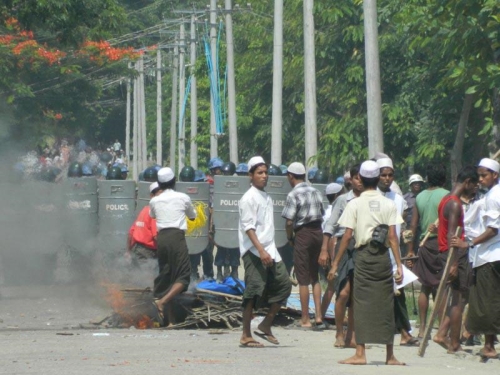
Over the past ten years, the question of whether violent conflicts are the result of genuine grievances or the product of an environment in which rebellion is an attractive and/or viable option has been at the heart of a fierce theoretical controversy known as the greed versus grievance debate. The debate was sparked when Paul Collier and Anke Hoeffler claimed that rebellion cannot be explained by grievances resulting from ethnic animosities or economic and political inequalities, because situations in which people want to rebel are ubiquitous, whereas the circumstances in which people are able to rebel (weak states, rough terrain, the presence of lootable resources etc.) are sufficiently rare to constitute the explanation.
This claim and its morally charged phrasing in terms of “greed” and “grievance” posed a tough challenge to the dominant view of many political scientists and to conventional wisdom more generally. While many scholars subsequently shifted their attention to studying the opportunities for conflict, others put their efforts into finding better ways to measure people’s grievances. An award-winning book on Inequality, Grievances, and Civil War, published in 2013, testifies to the fact that the jury in this debate is still out.
